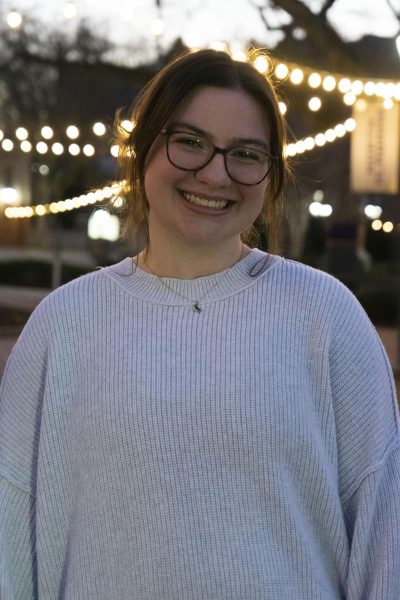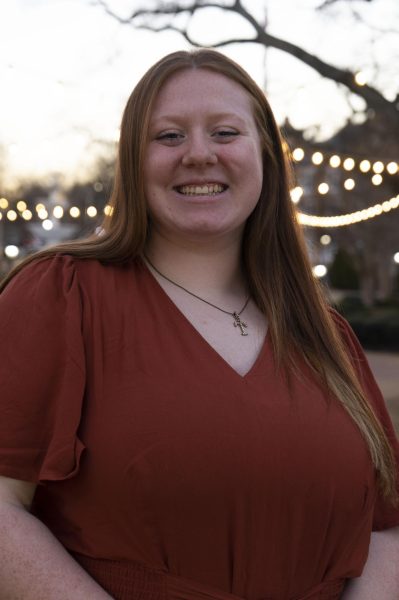Reporting seeks full truth
October 11, 2012
Recent events both local and worldwide have pushed me into thinking more about the First Amendment freedom of speech and what it means to me on a personal level.
Journalists often get a bad rap for spreading an area’s or institution’s shortcomings to the masses.
The fact of the matter is that only bottom of the barrel journalists actually intend for their stories to be negative — or positive, for that matter.
A printed news story is simply a set of inkblots on a page; it is morally neutral until reached by an audience to interpret it one way or another.
Last week’s article regarding errors made by campus police served no personal vendetta against any UNA officials being criticized in the piece. It did not serve this purpose because no such vendetta exists against UNA officials.
It is not the business of a proper reporter to mar another person’s reputation just for the sake of being sensational or for shock factor. After all, what’s to stop another reporter from writing the same kind of personal attack about me or any of the staff at The Flor-Ala?
A proper reporter collects facts and quotes related to a particular topic and lets the readers know the sources of such information so that they may check the reporter’s validity, if necessary.
In such a context, the story becomes less about a positive or negative depiction of a person or event and more about how accurate or inaccurate the depiction is.
Recent First Amendment arguments have shown just how lenient the legislation can be, especially in concerns of creative and artistic speech endeavors.
Just recently, one of my classes assigned me to read and review a book related to speech or publication law, so I started reading Salman Rushdie’s book, “Joseph Anton: A Memoir.”
The memoir details 10 years of Rushdie’s life spent in hiding after receiving a fatwa death sentence from Iran’s supreme leader, the Ayatollah Khomeini.
The ayatollah gives this decree in response to Rushdie’s novel “The Satanic Verses,” a work the ayatollah and many Muslims worldwide viewed as being blasphemous toward Muhammad and Islam as a whole.
While I certainly can’t relate to being hunted for assassination and don’t mean to imply that I feel that way, as a writer I understand how important it is to be able to hand out ideas and information that officials do not want spread.
If an unpopular statement — especially a truth that might not reflect upon a person or group favorably — remains untold, the population of readers learns nothing and potentially suffers at the hands of an embarrassed party’s desire to look presentable in public.







